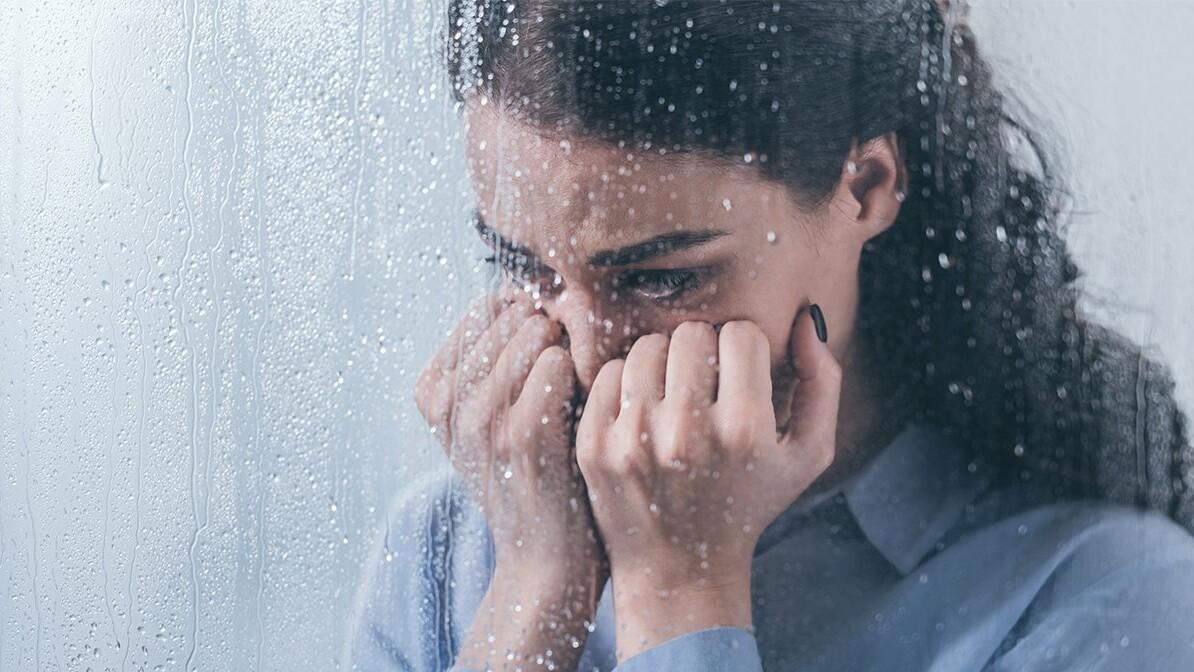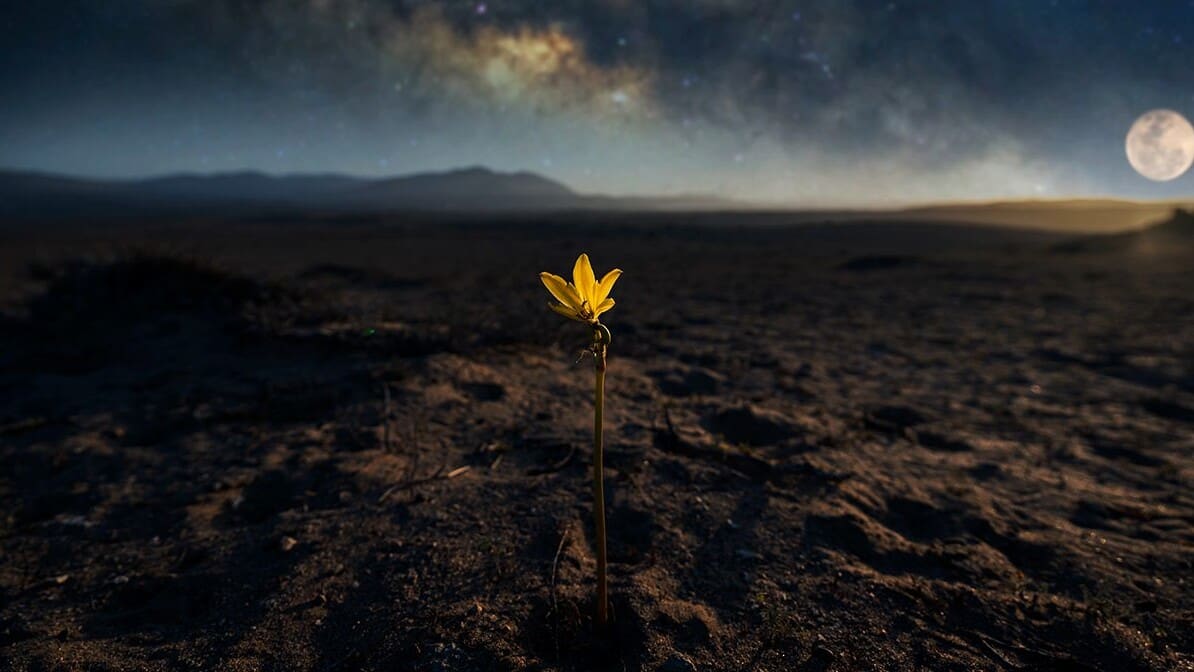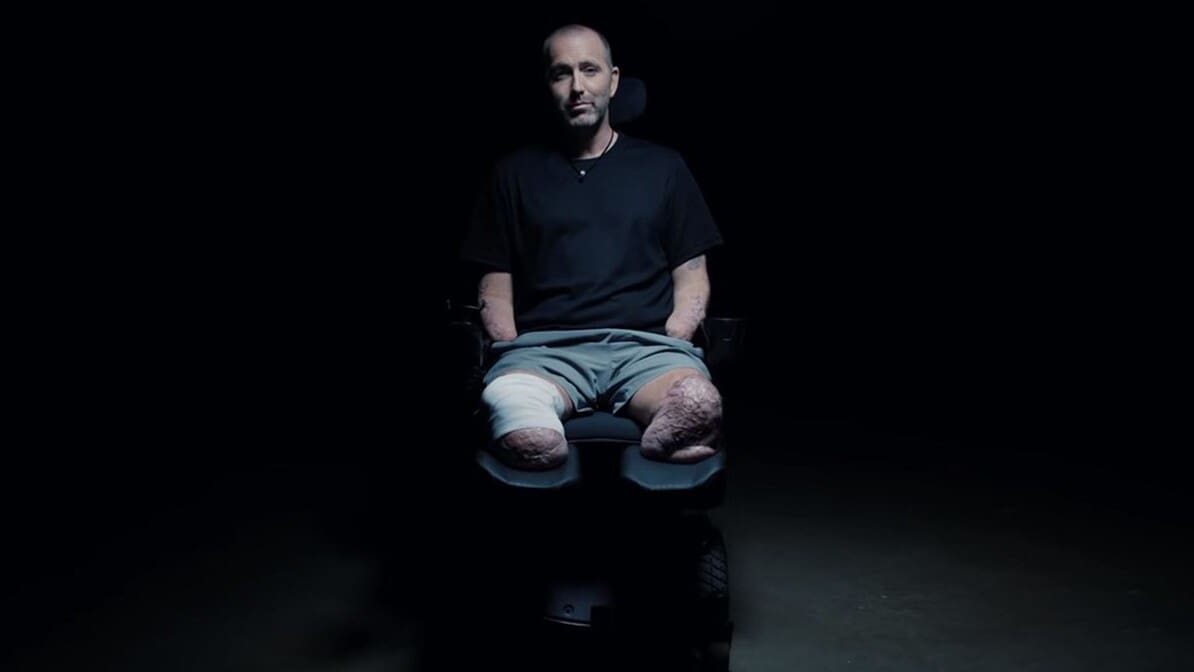
Ginny Dent Brant and the Book She Never Wanted to Write (Part 1)
John Farrell: What was the inspiration for writing your book, Unleash Your God-Given Healing?
Ginny Dent Brant: To be perfectly honest, I met with the chaplain at Cancer Treatment Centers of America in Chicago because I was devastated. I was diagnosed four months after my mother died of breast cancer. I didn’t understand how a health nut like me had gotten such a deadly and aggressive cancer.
They told me the first week it’s cancer. That was a shock. The next week it’s aggressive. And the next week they showed the MRI on this huge screen because I didn’t believe them. They said, “We’ll show you the MRI, if you don’t believe it.” It looked like a tornado had invaded my body.
That sent me up to Cancer Treatment Centers of America to get a second opinion. I highly recommend whenever you’ve been diagnosed with a stage-three, stage-four, or aggressive cancer that you get a second opinion.
I’m pleading with that chaplain to help me understand. He said, “With your lifestyle habits, I know you’re discouraged because they didn’t prevent this cancer, but they are going to get you through the journey.”
Then he said, “Ginny, you’re a speaker. You’re an author. You can communicate with others and you can help people through the journey.” I looked at him, and he said, “Consider this a gift from God for you to help others.” I said, “You don’t understand, I don’t want this.”
That’s where it started. He laughed and giggled, and he said, “You watch, you’re going to write a book about this, and at the beginning, it’s going to say, ‘This is the book I never wanted to write.’” Guess what the book says at the beginning?
Who would want to go through what I went through to have a gift to help others? I didn’t. I wasn’t a willing participant.
Finally, I had to go with the flow and say, “God, use this.”
The more I researched and learned about what caused my own cancer – cancer in someone who was a pretty good health nut – I realized that everyone was making the same mistakes I was making and that I needed to inform people. I didn’t want other people to go through it – it was a six-year journey, a six-year battle – there was no way I was not going to write the book and speak and inform people.
JF: What is the overall message you hope readers take from your book?
Ginny: I learned through the school of hard knocks that our bodies were created with an innate ability to heal and regenerate. This happens on an everyday basis. Only God could do such a thing. He can choose to heal with one snap of His hand.
I know people who had a tumor, they pray about it and the next week they go back and it’s gone. God can choose to heal that way, but He’s healing in our body on an everyday basis. And it’s true in the cancer journey. I can promote healing in my body with healthy lifestyle choices while I’m being treated for cancer, or I can sabotage the intricate immune system God has given me to keep me healthy. I can help my doctor beat my cancer or I can go to the doctor and say, “Doctor, beat my cancer. I’m just going to lie here while you do it.”
What I’m saying is be active in preventing; be active in the cure. There are things we can do to keep our body, our immune system, working as God intended. And that’s what the book is about.
There are eight steps in the book. One step, exercise got me through every part of the cancer treatment, which lasted six years. Every single part exercise enhanced my recovery, lowered the side effects of the treatment and the surgery and all the things that had to be done to me.
I am walking two miles on the hospital floor after a hundred stitches after my first surgery. All it did was promote healing. I went home with no tubes connected to my body. I’m doing exercise – walking two miles before chemotherapy, two miles after chemotherapy. It’s only helping the chemo to target my cancer, lessening the side effects, and helping that chemo to pump out of my body with the trash it needs to take with it
JF: Of all the steps that you list in your book – exercise being one of those – would you say is the most important?
Ginny: Yeah, let’s say it’s a key one to focus on because nobody told me to do all those things, but what happened was after I finished the chemotherapy and my doctors looked, they said, “We just cannot believe how all your blood work is back within normal ranges in six weeks.” This usually takes two to five years and you have a suppressed immune system for years. I didn’t.
Six weeks I was back in the normal ranges and they said, “But did you see the new research in Australia?” I said, “No.” So, I went home and looked at it.
Thirty entities came together to say that the best thing a cancer patient can do to get through the journey and the treatments is to exercise during every part of the treatment. It’s now clearly defined, and it has been the shot around the world in the cancer industry because doctors used to tell patients,”You’ve had chemotherapy. Go home and lay down for a week. If you can lift your head up, do the best you can.”
Now they’re saying move as soon as possible, which is what I did by instinct to relieve stress and because I was used to walking. But now they’re telling people don’t go home and lay in bed all week if you have the energy and the balance. If you don’t have the energy and the balance, you might have to do that until you can get it.
But I’m telling people, check with your doctor on this when he says “It’s okay.” Have your mom get on one side of you and your dad on your other and at least walk around that hospital floor. Don’t lay down all day because our body thrives and works best when we move.
When that chemo goes into your body, you want it to target and get to every cell, but after it does its kill job – it’s poisonous, it’s toxic – you want it to move out of your body and not hang around and recirculate. Exercise and hydration enables you to do that.
Another key that I learned through the school of hard knocks, because I already kind of knew those and had to learn more, but is how powerful our emotions can be in determining our health.
I’m a counselor. I’ve spent 32 years in counseling, an adjunct at the university, and worked in the school system. I didn’t realize that these negative emotions and the emotion I dealt with for 15 years was grief. When you are stuck in an emotion for that long, it can derail your immune system.
I was taking care of a father with Alzheimer’s for 10 years – my father was Harry Dent. Then it was my in-laws for three years. Then it was my mother. Fifteen years of grieving as they were going downhill. I should have done more to protect my body from being the caregiver.
I’m not saying don’t take care of your parents. That is not my message here. My message is if you’re the caretaker, you better make sure you take care of your emotions and your body because if the caregiver goes down, who’s going to be able to provide care?
JF: You have to first take care of yourself to make sure you’re able to take care of your loved ones.
Ginny: Right. And there were more things I could have done to relieve stress on my body like deep breathing, concentrating on the scriptures. I was doing some of those things, but what I’m saying is this deep breathing to help calm the emotional brain, I should have done more of that.
I do it now on a daily basis. I did it twice a day during the cancer journey, because cancer is a scary rollercoaster ride journey.
If your emotional brain is constantly sending you into fight or flight mode, you’re not going to do as well during the cancer treatment journey. If you want your body to be calm, you have to learn to do deep-breathing exercises and do all these things that promote healing in the body.
If you are just living on the rollercoaster fear ride – and don’t get me wrong, I was scared stupid at points during the journey – the point is you can’t live scared stupid. You’ve got to give it over to God. You’ve got to depend on your faith, as I call it in my book, to manage those emotions.
I’m not saying you’ll be perfect every day. It’s a tough journey. But I am saying that if you can manage your emotion, using your faith, you’re going to fare better in the cancer journey.
One of the interesting things in my book is that a well-known medical researcher and oncologist who runs a breast cancer center wrote the Foreword, but he also wrote commentary in each of the major steps to show how he sees it as an oncologist.
If you’re trying to prevent cancer, or if he’s helping you through the journey to kill your cancer, if you hydrate, he’s saying “Amen, yes, do it.” Because this is what it does. When you exercise, this is what it does. When you eat healthy foods, this helps. You don’t want to eat junk food during cancer or COVID-19 because they don’t build the immune system.
So, I’ve got a doctor coming behind me saying, “Yes, I agree with what this cancer patient is saying. She’s showing you how to control what I, the doctor, have no control over – your lifestyle habits.”
…
Order your copy of Unleash Your God-Given Healing: Eight Steps to Prevent and Survive Cancer by Ginny Deny Brant
Trending Now
Sign up today for your Inspiration Today Daily Newsletter
Supercharge your faith and ignite your spirit. Find hope in God’s word. Receive your Inspiration Today newsletter now!
John Farrell
John Farrell serves as the Digital Content Manager at Inspiration Ministries, where he oversees the planning, organization, and management of website content to support the ministry's global digital outreach. With a strong background in writing and editorial strategy, John ensures that the articles, devotionals, and discipleship resources on Inspiration.org are accurate, engaging, and aligned with the ministry's mission.
John has authored more than 1,000 articles, press releases, and features for Inspiration Ministries, NASCAR, Lionel, and Speed Digital. His versatility as a writer is also showcased in his 2012 book, The Official NASCAR Trivia Book: With 1,001 Facts and Questions to Test Your Racing Knowledge.
A graduate of Appalachian State University, John brings excellence and attention to detail to the digital experience at Inspiration Ministries. He lives in Concord, N.C., with his wife and two sons.
Related Articles
January 28, 2026
I Just Knew It Was God: From Searching to Finding Faith
From the outside, Ekaterina’s life looked successful. She had a college degree, a strong career,…
January 26, 2026
How to Overcome Old Wounds with Resilience
How Do You Deal with Old Wounds? Everyone is talking about trauma, but very few are talking about…
November 21, 2025
Thank You … Lord
Gratitude transforms our lives and draws us closer to God. This article explores how practicing…
October 27, 2025
So, Is God Good?
Many people wrestle with the question, is God good, especially when life brings pain and loss.…
Next Steps To Strengthen Your Walk
Inspiration Today Newsletter
Supercharge your faith and ignite your spirit. Find hope in God’s word. Receive your Inspiration Today newsletter now!
Christian Articles
Find articles to strengthen your walk and grow your faith. We have a wide range of topics and authors for you.
Submit A Prayer Request
We are here for you. Simply click on the button below to reach us by form, email or phone. Together we will lift our hearts and voices with you in prayer.





